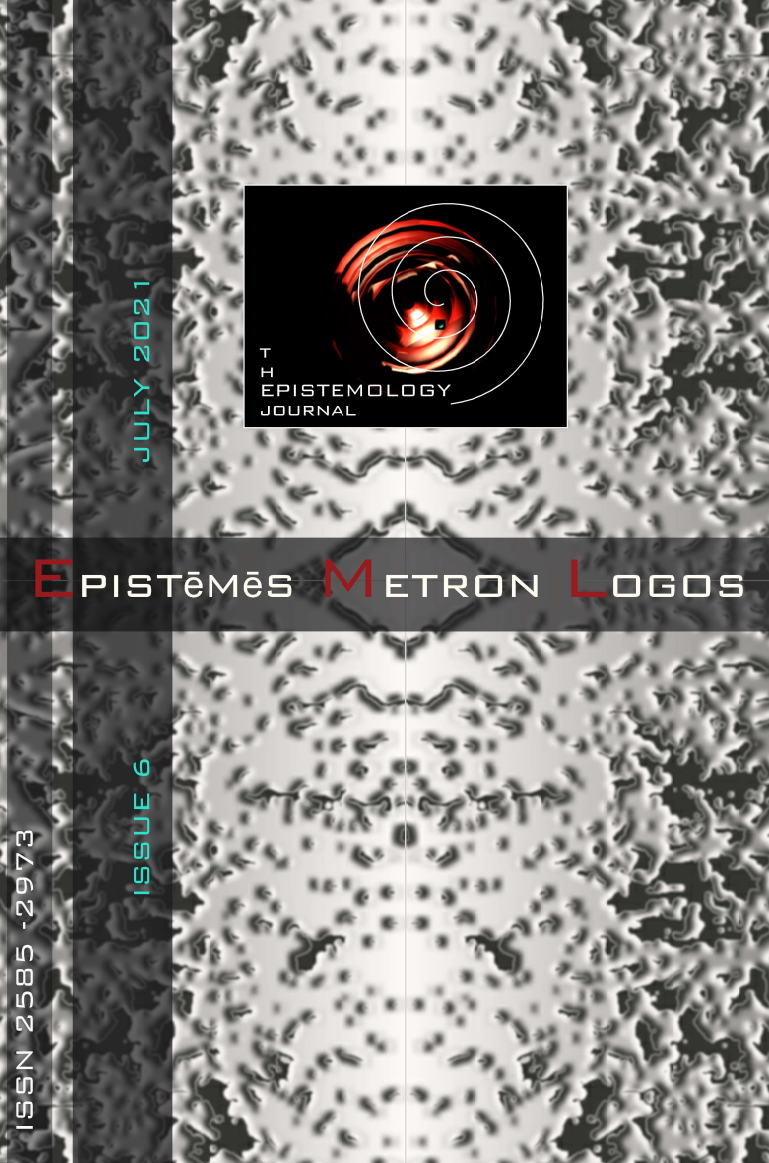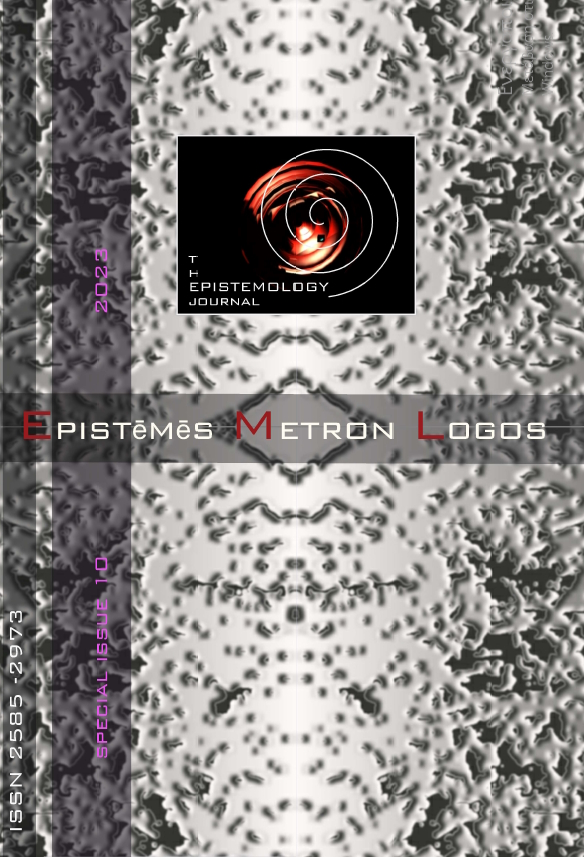Study on the synergy of Theatre Pedagogy and Philosophy for Children: A multi-disciplinary approach

Abstract
This study explores the reasons why theatre pedagogy as practiced through drama inquiry is highly compatible with philosophical inquiry as practiced in a community of inquiry. After clarifying the way in which theatre and philosophy can be practiced in an educational context, common elements of drama and philosophical inquiry are examined in terms of epistemology and method. As it is suggested that a number of skills and attitudes can be traced in both drama and philosophical inquiry, there follows an elaborated presentation of such points of relevance. The study concludes that a synergy of drama and philosophical inquiry may not only be feasible but also highly productive as there are common aims and principles which provide a basis for applying effectively a model of philosophical inquiry assisted by drama inquiry.
Article Details
- How to Cite
-
Mamali, E., & Papadopoulos, S. (2021). Study on the synergy of Theatre Pedagogy and Philosophy for Children: A multi-disciplinary approach. Epistēmēs Metron Logos, (6), 14–21. https://doi.org/10.12681/eml.27614
- Section
- Publishing partner

This work is licensed under a Creative Commons Attribution-NonCommercial 4.0 International License.
Authors who publish with this journal agree to the following terms:
Authors retain copyright and grant the journal right of first publication with the work simultaneously licensed under a Creative Commons Attribution Non-Commercial License that allows others to share the work with an acknowledgement of the work's authorship and initial publication in this journal.
Authors are able to enter into separate, additional contractual arrangements for the non-exclusive distribution of the journal's published version of the work (e.g. post it to an institutional repository or publish it in a book), with an acknowledgement of its initial publication in this journal.
Authors are permitted and encouraged to post their work online (preferably in institutional repositories or on their website) prior to and during the submission process, as it can lead to productive exchanges, as well as earlier and greater citation of published work.





